Is China's peace plan without merit?
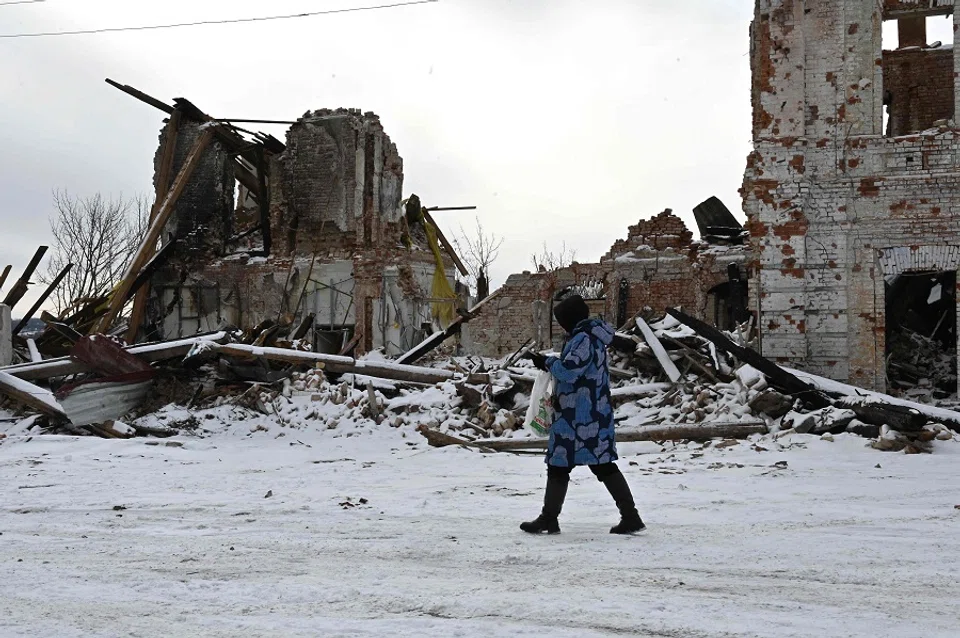
On the first anniversary of the Russia-Ukraine war last Friday, China published a 12-point position paper calling for peace and the resumption of peace talks. But this is a mammoth task given the huge gap between the demands of Russia and Ukraine.
China's credibility in question
The 12 points in the paper are: respecting the sovereignty of all countries; abandoning the Cold War mentality; ceasing hostilities; resuming peace talks; resolving the humanitarian crisis; protecting civilians and prisoners of war; keeping nuclear power plants safe; reducing strategic risks; facilitating grain exports; stopping unilateral sanctions; keeping industrial and supply chains stable; and promoting post-conflict reconstruction.
Chinese foreign ministry spokesperson Wang Wenbin stressed that China has always determined its position on the Ukraine issue on the merits of the matter itself, and stands firmly on "the side of peace and dialogue, that is, the right side of history".
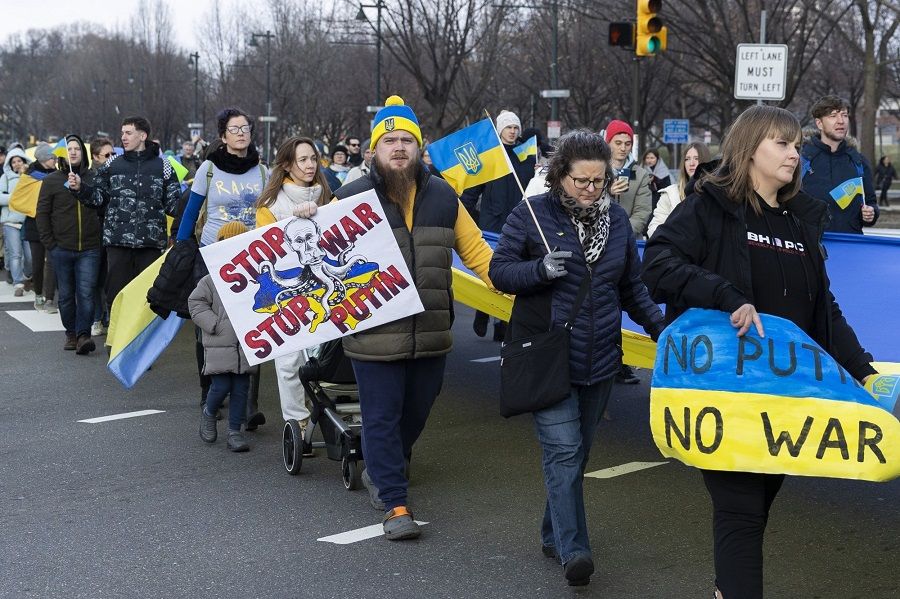
However, not only did the US and NATO leaders not respond positively to the Chinese proposal, they also questioned China's motives and alleged that its proposal would only benefit Russia.
US national security adviser Jake Sullivan immediately criticised China's position paper last Friday, asserting that the war "could end tomorrow" if Russia stopped attacking Ukraine and withdrew its forces.
In response to China's position paper, US President Joe Biden said, "[Russian President Vladimir] Putin is applauding it, so how could it be any good?" He continued, "I've seen nothing in the plan that would indicate that there is something that would be beneficial to anyone other than Russia if the Chinese plan were followed."
Biden added, "The idea that China is going to be negotiating the outcome of a war that's a totally unjust war for Ukraine is just not rational."
The West believes that China's close economic and trade relations with Russia are key to its ability in sustaining the war...
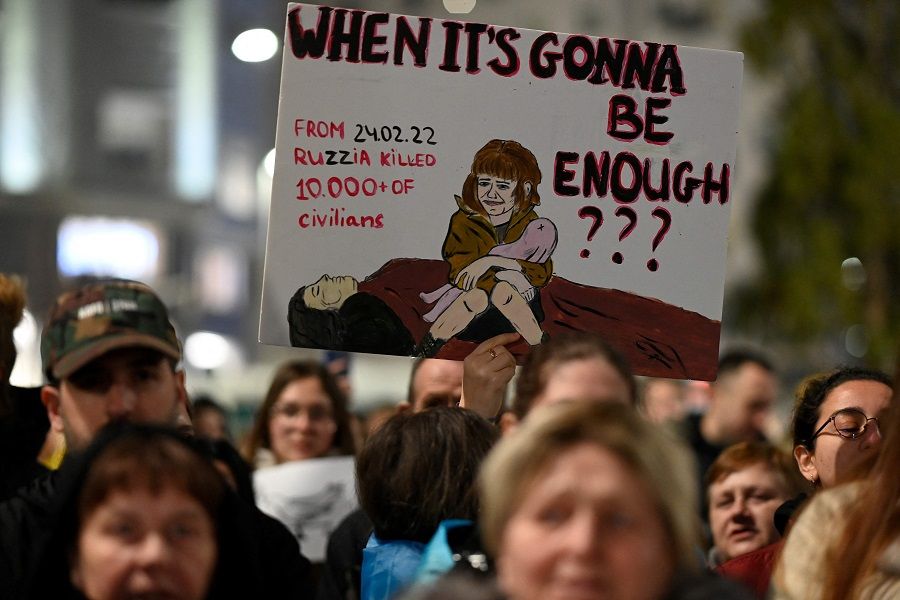
NATO Secretary General Jens Stoltenberg also asserted that China does not have much credibility because the country has not been able to condemn Russia's illegal invasion of Ukraine.
The US, NATO and the European Union disapprove of or even resist China's peace plan for a simple reason: while the Western camp fully supports Ukraine in resisting the Russian invasion and vows to defeat Russia, China not only refuses to join the West in sanctioning Russia but instead continues to maintain a comprehensive strategic partnership with it.
The West believes that China's close economic and trade relations with Russia are key to its ability in sustaining the war, while Western public opinion has also reported that China is considering supplying weapons to Russia. Given such circumstances, it is impossible for the Western camp to accept China's peace plan.
This [China's peace plan] indirectly criticises Russia for starting the war and implies that Ukraine's sovereignty and territorial integrity should be restored and upheld.
Call for peace a needed respite
Nonetheless, China's peace plan is not without merit. While there was no mention of key issues such as a Russian armistice or withdrawal, or the restoration of Ukraine's territorial integrity, the first point of China's position paper stresses that the "universally recognized international law, including the purposes and principles of the United Nations Charter, must be strictly observed". Furthermore, sovereignty, independence and territorial integrity of all countries "must be effectively upheld".
This indirectly criticises Russia for starting the war and implies that Ukraine's sovereignty and territorial integrity should be restored and upheld.
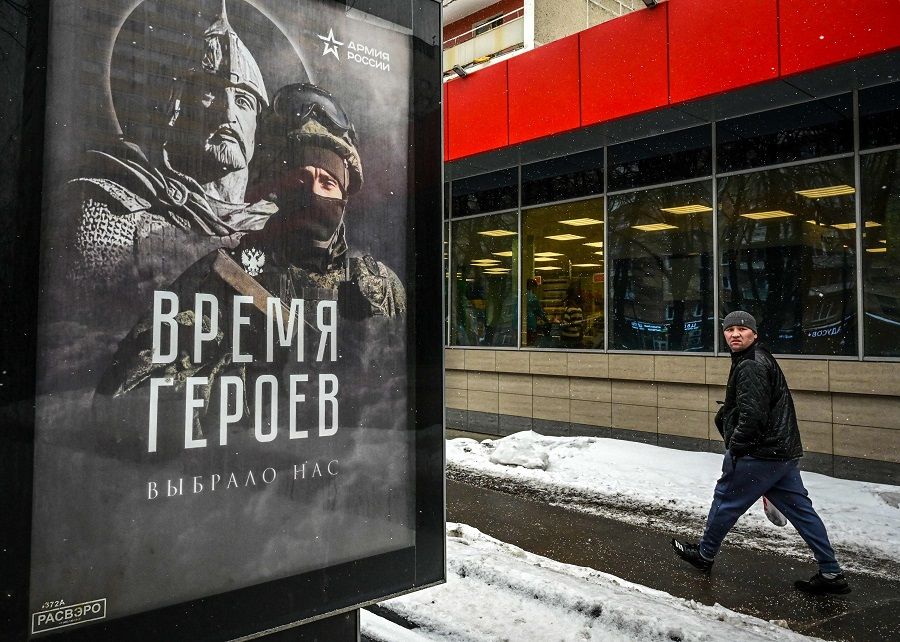
At the same time, China's call to reduce strategic risk and its opposition to the use of nuclear weapons also aligns with the West's position. As the war continues, Russia might face greater losses on the battlefield, but its domestic risk may also increase. Russia's leaders have hinted at using nuclear weapons in major crises, and once that happens, everyone loses. Indeed, China's repeated opposition to the use of nuclear weapons is in the interests of all countries.
While Russia is unwilling to give up the Ukrainian territory it has occupied, especially Crimea and the four annexed Ukrainian oblasts of Luhansk, Donetsk, Zaporizhzhia and Kherson, Beijing's call for peace talks and ending unilateral sanctions is clearly a relief of sorts to Moscow, which has been alienated and in a bind.
So, Russia and Ukraine as the direct participants in the war have not outright rejected China's position paper. On 24 February, the Russian foreign affairs ministry welcomed the statement and emphasised that "Russia is open to achieving the goals of the special military operation by political and diplomatic means".
Europe is not unanimous in its view of China's peace plan either.
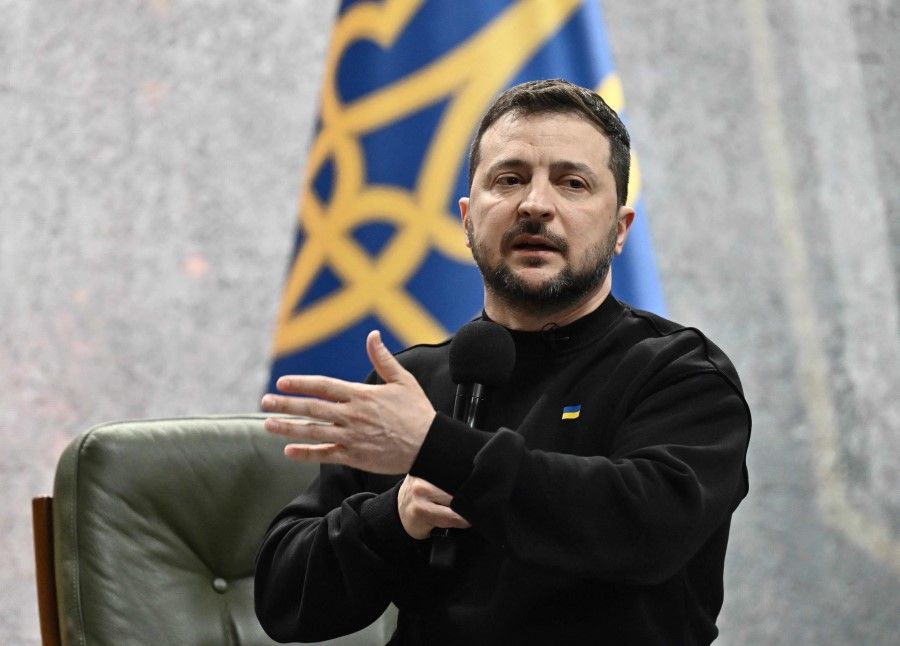
Ukrainian President Volodymyr Zelenskyy also said, "The fact that China has started talking about Ukraine and certain signals have been sent is, in general, very good... We will draw conclusions after we see the specifics of what they offer, and then it will be clear." He also expressed hopes of meeting Chinese President Xi Jinping.
Also on 24 February, Stephane Dujarric, spokesperson for UN Secretary-General Antonio Guterres, said that China's position paper is "an important contribution" to resolving the Ukraine crisis, and that "the call on the need to avoid the use of nuclear weapons is particularly important".
Peace talks inevitable
Europe is not unanimous in its view of China's peace plan either. On 25 February, French President Emmanuel Macron said to the media in Paris, "The fact that China is engaging in peace efforts is a good thing", and also announced his visit to China in early April.
Some views in China have it that China communicated with Russia, Ukraine and Europe before releasing the position paper, garnering their understanding or even some level of consensus beforehand. This would therefore not put China at risk of becoming too deeply involved in the Russia-Ukraine war, nor would it offend any of the three parties.
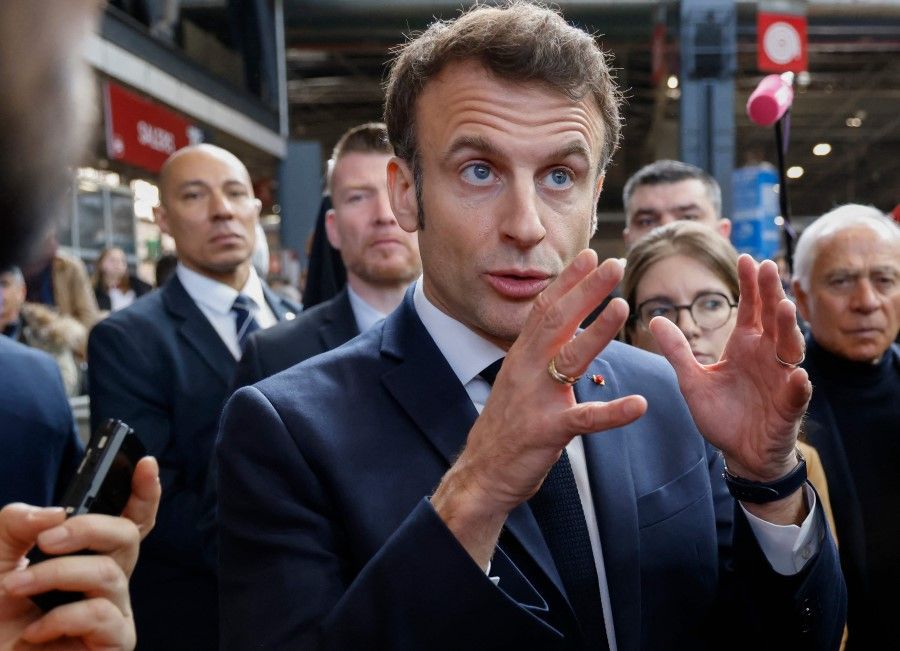
Overall, the Russia-Ukraine war has exhausted both sides, while Europe has also suffered significant losses amid its strong support for Ukraine. However, Russia and Ukraine are not yet desperate. As long as both sides can still fight, they are unlikely to step back from their strategic aims and accept China's proposal for peace talks.
But it will be difficult for either Russia or Ukraine to defeat the other; the war will only increase the costs to both sides as well as Europe. In the long term, any war will end, and sooner or later there will be peace talks.
China's push for peace talks gives it the moral high ground and to some extent eases US pressure on China when it comes to the war in Ukraine, which might be a key reason why China is holding to its position even though it knows that peace talks are impossible at the moment.
This article was first published in Lianhe Zaobao as "中国很难调停俄乌战争".
Related: Russia-Ukraine war: Implications for China and the Indo-Pacific | Did China miscalculate the Ukraine war? | Ukraine war: Southeast Asian responses and why the conflict matters to the region | Must China choose sides in the Russia-Ukraine war? | China's softening stance on its 'no limits' relations with Russia
